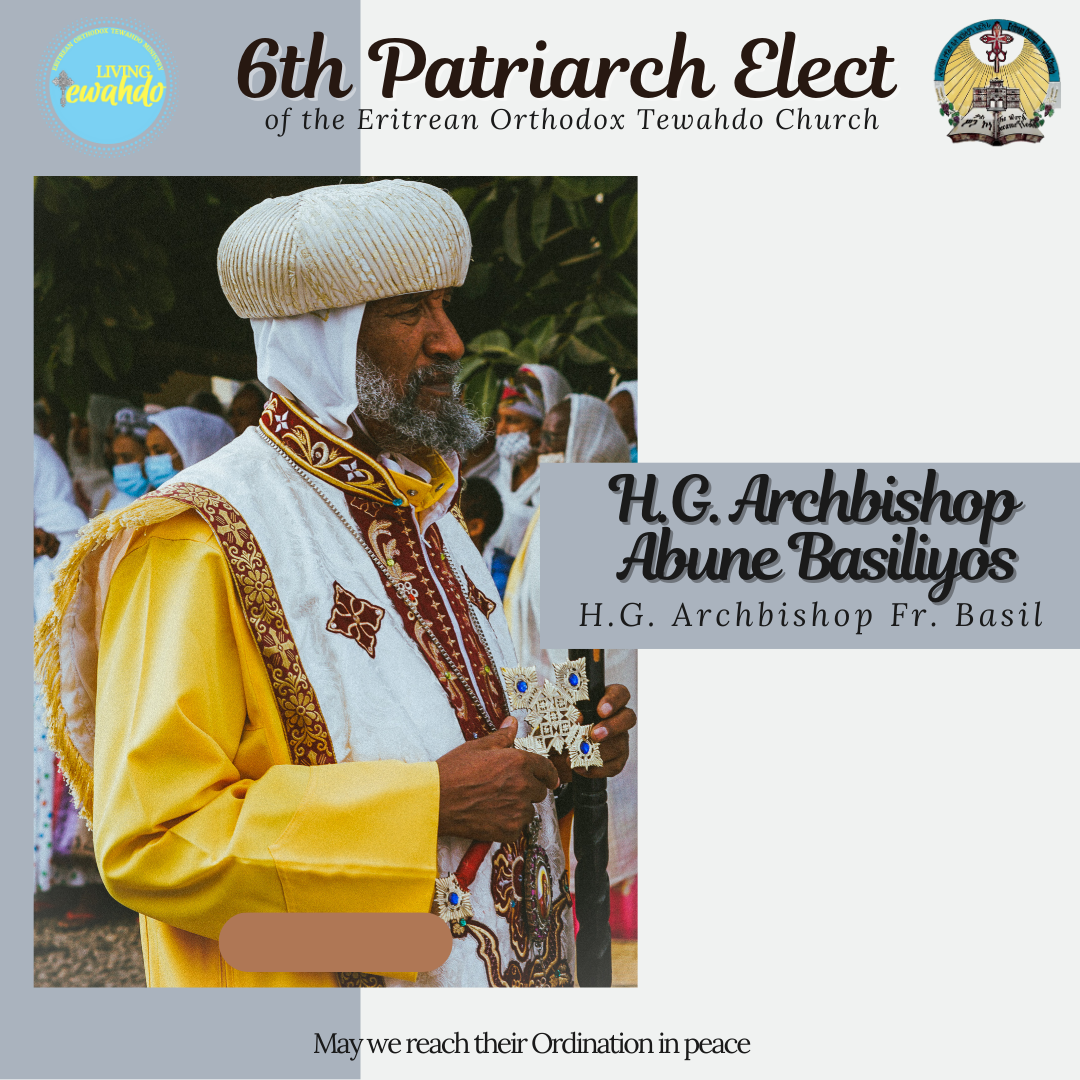In the name of Father, the Son, and the Holy Spirit, One God, Amen!
Why do Orthodox chant for saints?
Where the sun never sets in the heavens, let this church’s prayers be heard. One of the orthodox church’s abundant exposition is “giving glory, praise, and honor to Him who is Almighty.” To praise the LORD our church has produced many great scholars to provide the appropriate services. Our church’s chant (Zema), and liturgy (Kidassie) are so compacted that even 24 hours is short. The chants (Zema) are made shorter to accommodate churchgoers. Our church also chants for the righteous saints who glorify our Lord in their time of living. After our Lord and Savior Christ instituted the mystery of Holy Eucharist at the last supper, both He and His disciples sang a hymn of praise and thanksgiving to God (Mathew26:30, Mark 14:26).
In this small writing, we will see if it is proper to praise or chant saints according to the Holy Bible? During the early days, Saint Paul advised the people of Ephesians to “Join with one another in holy songs of praise and make songs with your voice and melody in your heart to the Lord; Giving praise at all times for all things in the name of our Lord Jesus Christ, to God, even the Father; Letting yourselves be ruled by one another in the fear of Christ” (Ephesians5:19-20).
This early Christian practice of singing spiritual songs is a continuation of the ancient Judaic tradition of chanting psalms. For centuries, before the appearance of Jesus, Israel had declared the praises of our Lord with hymns found in the Book of Psalms. After the Resurrection and establishment of the New Covenant, it was only natural that these first Christians and members of the new Israel pray with the same voice as the fathers of old. For now, we will look at what king David has stated in his psalm regarding chanting to saints.
King David who is called by God “man after my own heart,” has written an abundant amount of praise. In the first chapter of his psalm, David says, “Blessed is the one who does not walk in step with the wicked or stand in the way that sinners take or sit in the company of mockers” (Psalm 1:1). To whom is King David saying, “Blessed is the one”? He can’t be referring to our LORD since he later says, “whose delight is in the law of the Lord” (Psalm 1:2). David started his chanting (praise) by saying, “Blessed is the one who does not walk in step with the wicked or stand in the way that sinners take or sit in the company of mockers.”
As you continue to read David’s psalm you notice more examples of praise directed toward humans. “Blessed is he that considered the poor” (Psalm 41:1), “Blessed is the man whom you choose, and cause to approach unto you, that he may dwell in your courts!” (Psalms 65:4), “Blessed are the people that know the joyful sound” (Psalms 89:15). King David also praises a group of people. “Blessed is he whose transgression is forgiven, whose sin is covered’’ (Psalm 32:1). King David didn’t limit his psalm only for living creatures; he chanted his home Zion by saying it was the dwelling of the LORD.
- “For the LORD has chosen Zion; He has desired it for His habitation” (Psalm 132:13).
- “The LORD loves the gates of Zion more than all, Glorious things are spoken of you, O city of God’’ (Psalm 87:2-3).
King David even encouraged and invited to praise with him, “Walk about Zion, and go around about her: tell the towers thereof. Consider well her ramparts, view her citadels, that you may tell of them to the next generation.” (Psalm 48;12-13).
King David knew Zion was a city filled with a lot of sinners, but he saw by the spirit it was chosen to be the LORD’s habitation. He chanted, “The Holy Spirit will come on you, and the power of the Highest will overshadow you” (Psalm 132:13).
King David is blessed so is his son, Solomon the wise. In his chant, ‘Song of Solomon’, Solomon has written amply in the form of love letters between bond couples; where the Church to the Savior of the world calls Him “My Beloved,” where He (Savior of the world) also calls her (the Church) “My beloved!” as well.
Glory be to God!

